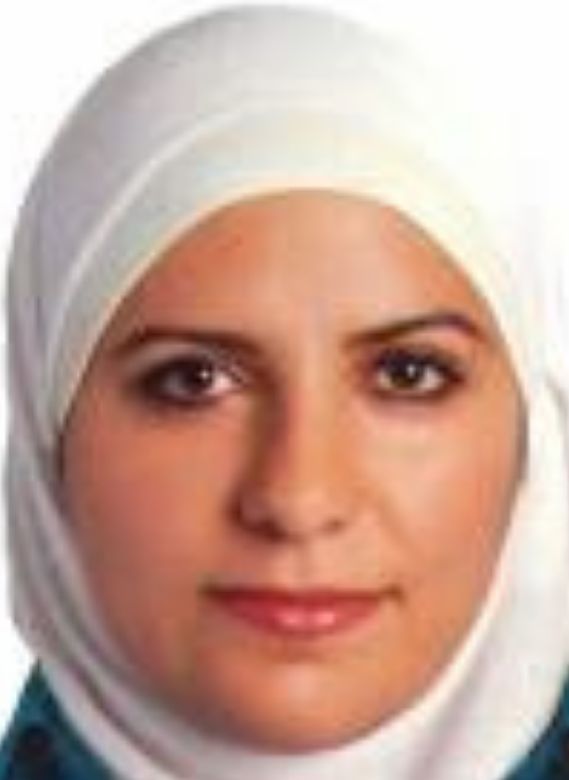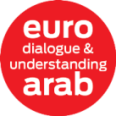Blog
I am Eng. Iqbal Lutfi Hamad, from Jordan and an environmental and natural resources activist. My background is agriculture engineering; I have two Master’s degrees: one in horticulture and field crop at Jordan University and a second one in Urban Management and Development from Erasmus University Rotterdam in the Netherlands (2016). In 2017, I have been involved more in Women’s rights and empowerment as a Director of Women Empowerment and Gender Unit at the Jordanian Hashemite Fund for Human and Development-JOHUD. As part of my work I handle all the interventions addressing women rights and GBV in terms of economic, political, social and environmental aspects and their connections to human rights.
In October 2019, with the generosity of Lutfia Rabbani Foundation and OKP scholarship, I was honoured to be part of a professional gender-training program provided by the KIT institute. Indeed, it was a major chapter in my career path. It felt as a challenge for me since it is a new field of expertise taking nine months to accomplish in particular under the virtual learning due to the COVID-19, however, it is a necessity to take a step further and to continue the program to the end in order to strengthen and solidify my knowledge on it.
It was a great experience! On one hand, having the opportunity to experience different cultures, gaining the knowledge from the expertise, exchanging and validating experiences and information with my colleagues from around the world, on the other hand, as I have a fear of ding everything online, the course facilitators and the training organizers were able to manage the in-person training to be virtual. Thanks to their effort the online transition was smooth while taking into consideration personal requirements and circumstances. In fact, they were able to apply the principles of feminist pedagogy to the virtual class by assuring equal participation and sharing the power among the participants.
The training program offered us the opportunity to give reflections as either in the form of group’s work or individual work. In my view, and reflecting on the readings during the training, it is clearl from gender aspects that there is a challenge at the global level on the commitment to achieving gender equality and social justice at different levels. For instances in Jordan, women are especially more vulnerable to poverty because of their limited access to dfferent sectors including the job market (the unemployment rate 15.2%). The rate of participation of Jordanian women in the economy is one of the lowest in the region, and their unemployment rate is double, indicating a shortage in jobs available to women despite their high level of education. Many of the challenges facing women in economic terms are inequality in access to opportunities and resources, low wages compared to men who have the same skills and do the same performance, in addition to the lack of opportunities for women to work in high positions. They therefore stay in the labour market for shorter periods. Jordanian women also face several problems due to the lack of safe transportation/availability of a safe space for women’s children, which makes it difficult to combine work and family life. Women not only face a harder time findings jobs, but they also face discrimination where employers prefer not to hire them for fear of losing them after they have children. They are also likely to face opposition from their families and other community members to their work. As gender issues are mostly structured problems, the training course gave me the capability to use critical thinking in reflecting on the Jordanian context, as well as understanding and analyzing it.
From now on, I will use feminist pedagogy not only in the training sessions but also in the meetings with different actors. Validating experiences and providing the space for equal participation in order to achieve social justice is what our communities truly need. The training has also contibuted to my passion to move forward and pursue my PhD study “women rights and natural resources management.”
Have Knowledge, Have power!


